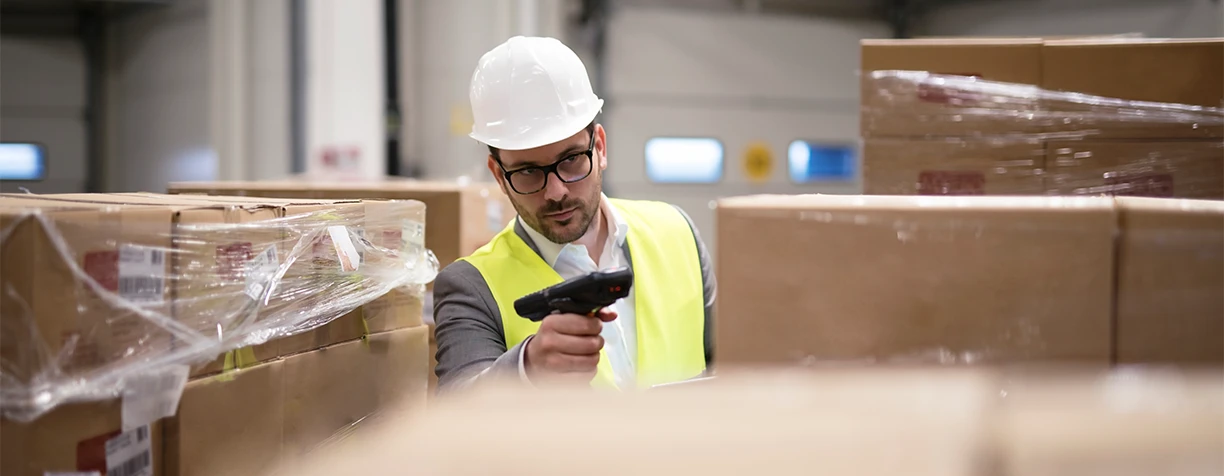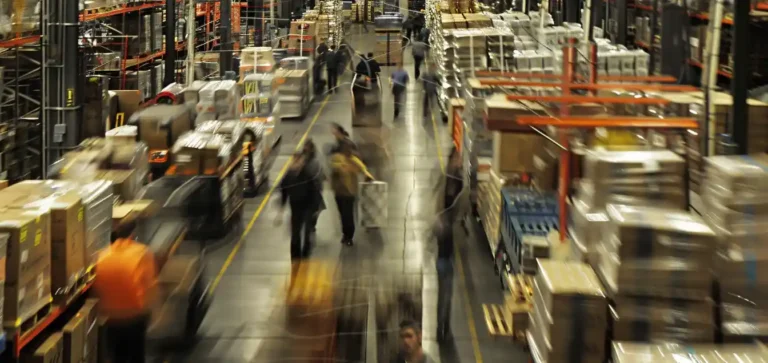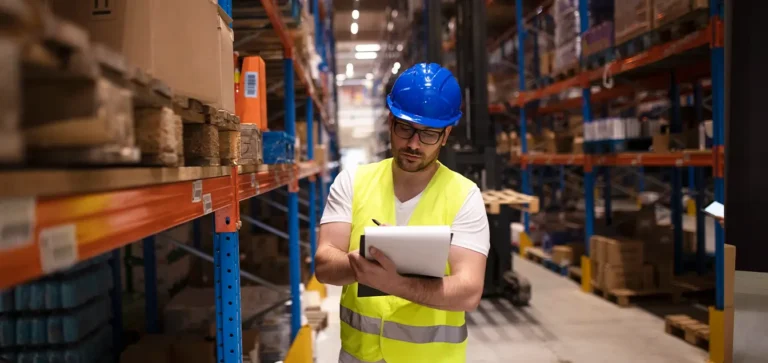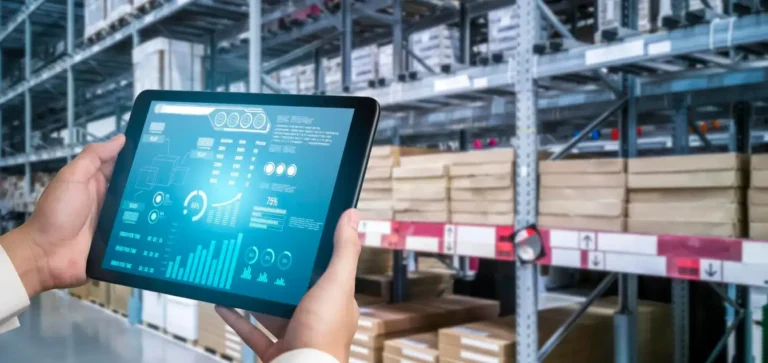In the world of logistics and supply chain management, RFID technology offers innovative solutions that enhance fulfillment operations. By utilizing this technology, businesses can achieve greater efficiency, accuracy, and speed. In this blog, we will explore the various ways RFID technology impacts fulfillment services, particularly in Canada, and how it connects to broader advancements in the field of fulfillment.
Table of Contents
Understanding RFID Technology
Radio Frequency Identification, commonly referred to as RFID is a system that uses electromagnetic fields to automatically identify and track tags attached to objects. These tags contain electronically stored information and can be read from distances of up to several meters. The basic components of this system include tags, readers, and antennas. The capability to record data without requiring a direct line of sight is transformative for various industries, ranging from retail to warehousing.
The Role of RFID in Fulfillment Operations
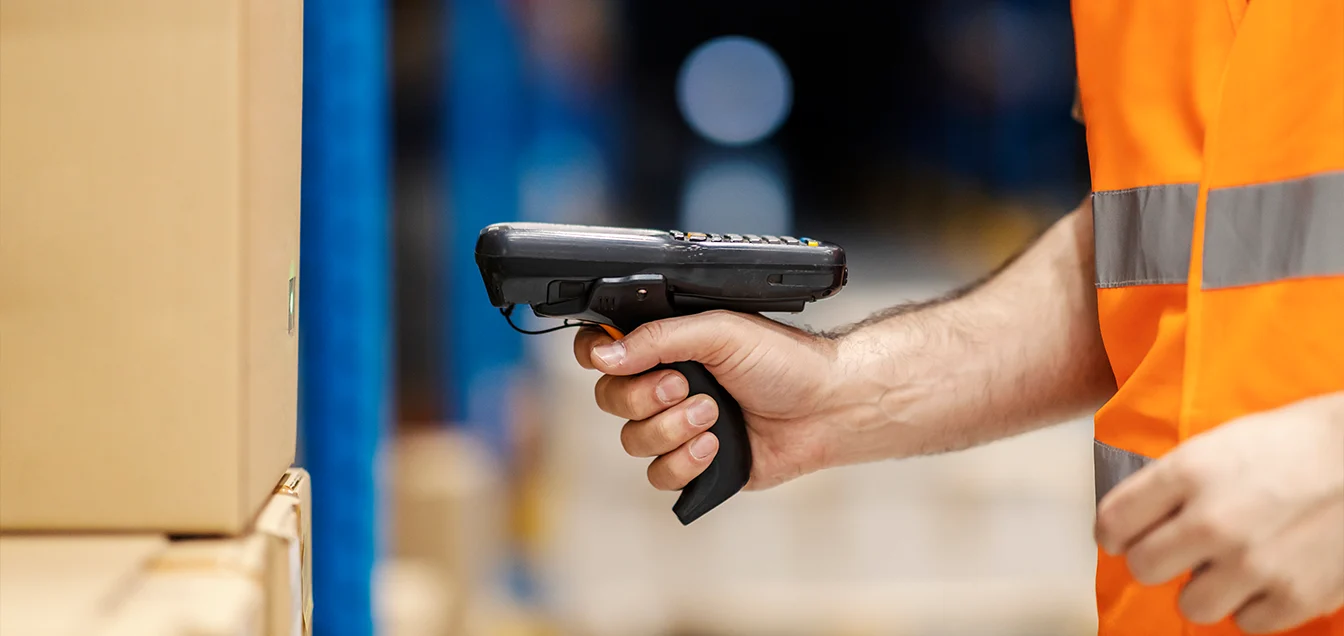
Implementing RFID in fulfillment operations leads to countless benefits. Inventory management becomes more precise, reducing human error and ensuring that stock levels reflect actual inventory. RFID solutions translate to enhanced workflows, enabling businesses to dynamically manage stock.
According to a study conducted by the University of Arkansas, businesses that implemented this technology experienced inventory accuracy rates of 95% or higher. This shift is critical for enhancing fulfillment services such as retail store fulfillment services and 3PL logistics in Canada.
| Study | Results |
| University of Arkansas | 95% inventory accuracy |
| Walmart | 40% reduction in inventory |
| Target | 20% faster stock replenishment |
Enhancing Order Tracking with RFID
As e-commerce continues to grow, there is an increasing need for advanced order-tracking solutions to streamline fulfillment processes. This technology enhances visibility into the supply chain, allowing companies to monitor shipments in real time.
For example, Amazon integrates RFID technology in their warehouses to track over 350 million items more efficiently. This integration leads to quicker response times and enhanced customer satisfaction rates, which are vital for any fulfillment services provider. A study revealed that companies using RFID saw a decrease in order fulfillment time by 25% to 30%, showcasing its effectiveness in optimizing logistics.
Improving Warehouse Management with RFID

The adoption of RFID in warehouse settings greatly benefits overall management practices. By incorporating these systems into the best warehouse management software for fulfillment, businesses can automate inventory counts, drastically reducing labor costs.
A case study from Tesco demonstrated that using RFID in warehouses allowed for significant labor savings, reducing the need for manual stock checks by up to 75%. This not only led to cost savings but also allowed staff to focus on more strategic tasks.
Moreover, businesses employing this identification system have reported a 50% reduction in the time spent on inventory auditing. This improvement is particularly beneficial in comprehensive operations such as retail store fulfillment service, where quick inventory turnover is critical.
Effective Packaging Solutions and RFID
As businesses strive for efficiency, top automated packaging solutions are now incorporating RFID technology to optimize the packaging process. Embedding RFID tags in packaging materials enables businesses to ensure products are correctly packed and shipped.
Procter & Gamble exemplifies this practice by employing RFID within their packaging operations to enhance accuracy while minimizing waste. This integration not only supports sustainability efforts but also contributes significantly to operational efficiency.
An internal report from Procter & Gamble indicated that by utilizing RFID technology, they reduced packaging errors by 30%, leading to fewer returned products and happier customers.
RFID and Fulfillment Automation Technology

The combination of RFID and fulfillment automation technology creates a synergistic effect that can greatly enhance operations. This synergy leads to optimized workflows, where items are identified faster, sorted correctly, and shipped efficiently.
Companies like DelGate, recognized as the best 3PL in Canada, utilize RFID technology to improve their fulfillment services in Canada. This implementation allows for greater scalability, easily addressing customer demands while maintaining accuracy. Through automation and this identification technology, DelGate has been able to reduce processing times and enhance order accuracy, leading to higher customer satisfaction rates.
A statistical analysis of DelGate’s operations highlighted that their adoption of RFID technology resulted in a 40% increase in accuracy for order-picking processes. This improvement emphasizes the importance of RFID technology as a vital component in modern logistics and enhances order tracking technology for fulfillment, ultimately leading to more efficient and reliable operations.
RFID in 3PL Logistics
Utilizing RFID in 3PL logistics in Canada allows for enhanced service delivery and adaptability in response to market changes. By implementing RFID technology, these service providers can quickly locate pallets, monitor stock levels, and provide clients with accurate delivery timelines.
A notable example is Loblaws, a retail company in Canada, that implemented RFID to improve their distribution centers’ operations, enhancing visibility and improving inventory management. Through the integration of RFID systems, Loblaws successfully managed to increase its inventory accuracy by approximately 25%.
Conclusion
RFID technology proves to be a game-changer for fulfillment operations across the board. From enhancing order tracking and warehouse management to providing cutting-edge fulfillment technology solutions, the benefits are extensive. As industries embrace the advancements that RFID solutions provide, companies will be better equipped to meet customer demands in a rapidly evolving marketplace.
The future of fulfillment operations will likely be characterized by increased reliance on RFID as companies strive for efficiency, accuracy, and customer satisfaction. By prioritizing integration and optimization, businesses can reap the rewards of this transformative technology.
For further information on RFID technology applications in logistics, check out this RFID Journal resource.

